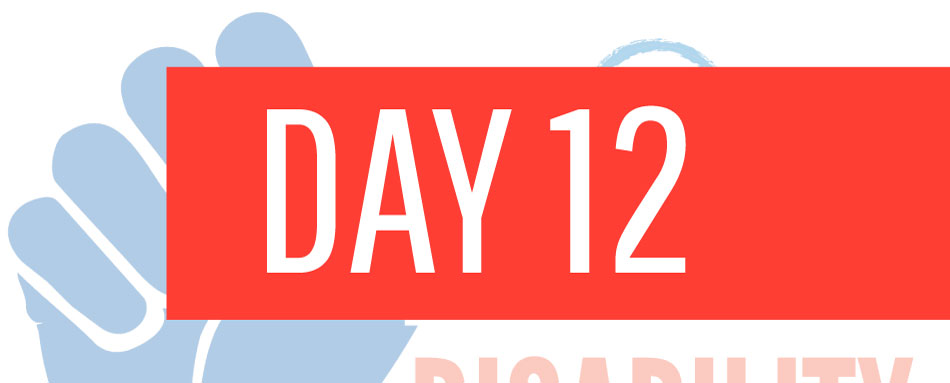
Content Note: This topic and some of its associated resources mention family separation, eugenics, and forced sterilization of disabled people.
There are millions of parents with disabilities living in America. Because they are disabled, they are more likely to encounter financial, attitudinal, and medical barriers related to parenting.
Parents with disabilities often face the false assumption that they are not capable of caring for their children. Non-disabled parents are granted autonomy in parenting, including the right to try and fail multiple times as a part of the learning process. For them, society understands that even the best of parents make mistakes. In many cases, parents with disabilities are not given the same grace or opportunities.
Disabled parents are more likely to be reported to child protective services for minor failures, and discrimination may play a role. Nationwide, parental disability is the sole reason that 1 out of 20 children is removed from their home and placed in foster care by child protective services (CPS). In Michigan, CPS lists parental disability as one of the reasons for placing a child in foster care 33% of the time—one of the highest rates in the country.
In general, people with disabilities are twice as likely to live in poverty. They may experience added difficulties in finding affordable housing or buying nutritious food. Poverty can hinder people with disabilities who want to have children from being able to make that choice. Additionally, for those who do raise children, poverty increases the risk that their children will be taken away by child protective services.
The discriminatory and false belief that people with disabilities cannot make good parents has had horrific consequences for disabled people throughout history. It is legal in 31 states for doctors to forcibly sterilize disabled people. Michigan is one of the states where this right can be taken away against a disabled person’s will. People with disabilities are still fighting for the right to have children and make decisions about their bodies. We cannot allow anti-disability bias and discrimination to determine outcomes for families. Instead of separating families because of parental disability, we should address educational, financial, and medical barriers that negatively affect people with disabilities in their parenting journeys. When parents with disabilities have the supports they need, such as housing and stable income, their families can enjoy a beautiful and rewarding experience of raising children.
![[Image description: A mother with auburn hair seated in a wheelchair while hugging her smiling, young daughter on a bright fall day.
Attribution: Gustavo Fring, Pexels (December 2020).]](https://unitedforscmi.org/wp-content/uploads/2022/08/dec12.1-1024x683.jpg)
[Image description: A mother with auburn hair seated in a wheelchair while hugging her smiling, young daughter on a bright fall day. Attribution: Gustavo Fring, Pexels (December 2020).]

Read
- Fin Leary, Good Housekeeping – Parents With Disabilities Are Often Overlooked in Society
- Robyn Powell, Pacific Standard – Parents With Disabilities Face an Uphill Battle to Keep Their Children
- John Kelly, The Imprint – Bill to Protect Disabled Parents Involved With Child Welfare System Introduced
- National Women’s Law Center – Forced Sterilization of Disabled People in the United States

Watch
- Rooted in Rights – New Disabled Parent Adventures in Advocacy (4:25, includes captions, audio description, and transcript)
- Marjorie Aunos, TEDx Western U – What We Can Learn From Parents With Disabilities (15:10, includes captions and transcript)

Listen
Rooted in Rights – Parenting Without Pity Podcast Series (approximately 30:00 per episode, includes transcripts)
Discussion
- After reading and/or watching the provided information, how do you feel about parents with disabilities?
- What role does discrimination play in the removal of children from the homes of parents with disabilities?
- How can society challenge and change the discriminatory beliefs and systems that undermine the rights and capabilities of parents with disabilities?
